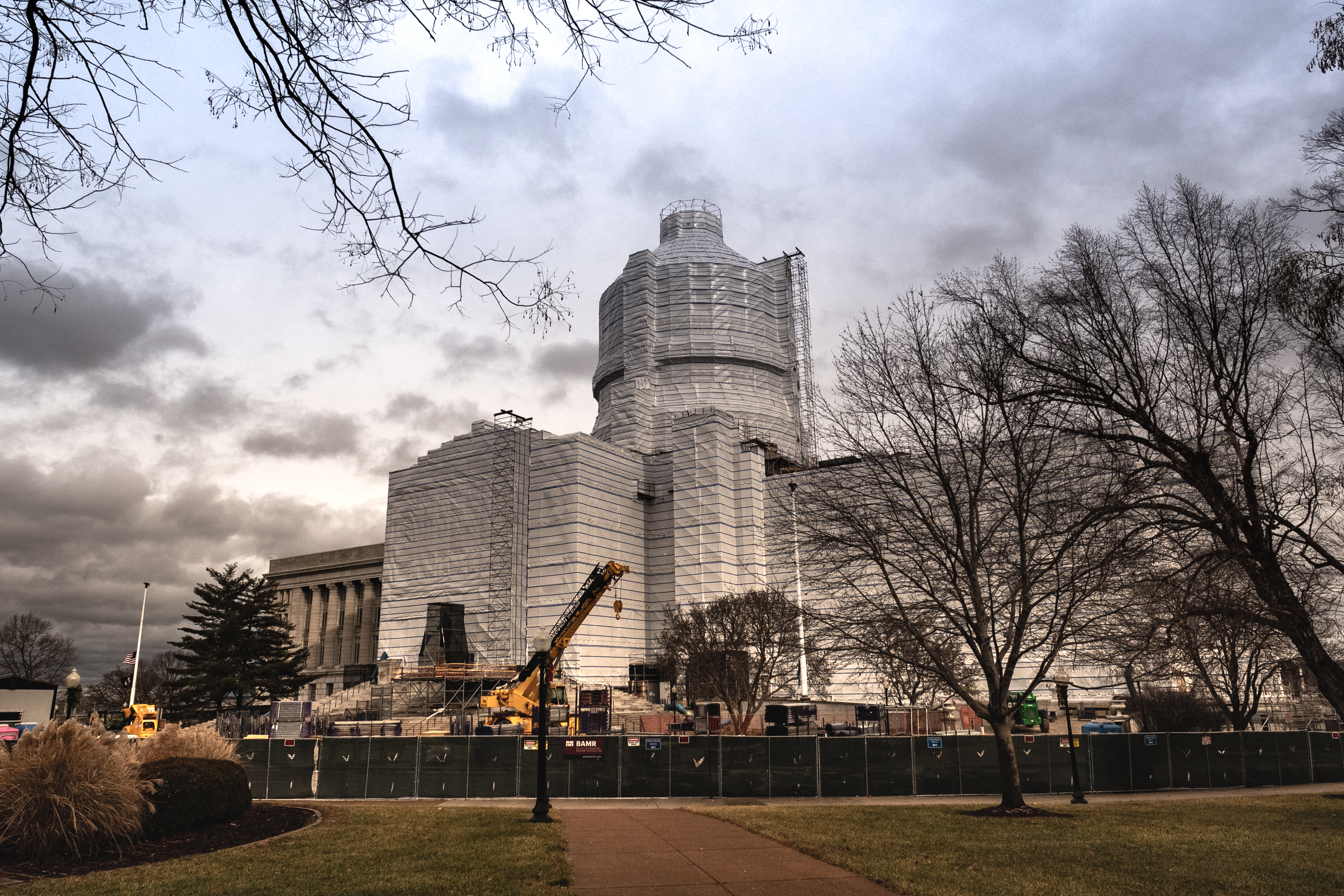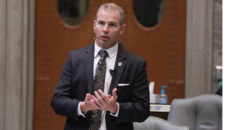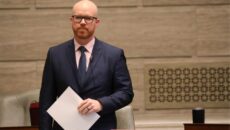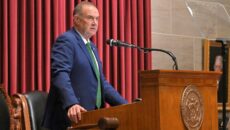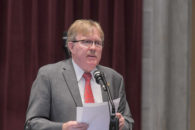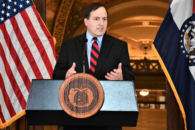JEFFERSON CITY, Mo. — All the initiative petitions submitted by the executive director of the Missouri National Education Association (NEA) have been approved for the signature gathering process.
This week, the Secretary of State Office’s approved ballot language for the spate of potential 2020 ballot questions, filed by DeeAnn Aull, looking to alter the constitution’s wording on public school funding. The six different — though similar — proposed measures give the organization options when deciding which petition to circulate for signatures.
The six proposals all seek to amend the Missouri Constitution, thus requiring 8 percent of legal voters in any six of the eight congressional districts — which amounts to a minimum of 160,199 signatures— to sign the petition for it to appear on the ballot. Petitioners have until May 3, 2020, to deliver signed petitions to the Secretary of State’s Office.
“As educators, students are at the center of everything we do. Missouri’s priorities are out of balance, in broad terms. These initiative petitions seek to ensure that every student in Missouri, regardless of zip code, attends a public school with well-resourced classrooms that inspire their natural love of learning,” Mark Jones, political director for the Missouri NEA, previously told The Missouri Times. “As teachers, bus drivers, and school employees, we are exploring every potential avenue to ensure students have the resources they need to become the artists, engineers, and leaders of tomorrow.”
Per the ballot language, each petition asked voters if they would like to amend the Missouri Constitution to: allow the General Assembly to enact state taxes to fund public schools without voter approval; require the General Assembly to “adequately and equitably” fund public schools; and prohibit state and local governments from financially supporting private schools.
Other provisions sprinkled throughout the proposals, as stated in the ballot language included: “adequately and equitably” funding certain voluntary early childhood education programs; removing the requirement to fund schools not governed by a publicly elected board, such as charter schools or unaccredited school districts; and making “equality of educational opportunity” through public schools a fundamental right.
The cost of the measures ranges from unknown up to $2.45 billion. The State Auditor’s Office (SAO) — which consulted state and local government entities and others with knowledge pertinent to the costs of the proposals — compiled estimates of the fiscal impact.
“Costs to the state are unknown but may be up to $2.45 billion annually. School districts may have a positive fiscal impact,” the fiscal analysis noted on petitions 2020-118, 2020-120, and 2020-122 said. These petitions included the early childhood education provision.
“Costs to the state are unknown but may be up to $1.29 billion annually. School districts may have a positive fiscal impact,” the fiscal notes on petitions 2020-117, 2020-119, and 2020-121 said.
Recently, Deirdre Hirner submitted two initiative petitions which would amend the recently passed medical marijuana constitutional amendment. One of the measures, Petition 2020-26, would make all records related to medical marijuana open to the public.
A total of 126 initiative petitions have been submitted to the Secretary of State’s Office. In total, two petitions are accepting comments, 65 have been approved to circulate, 42 have been rejected, and 20 have been withdrawn.
This article is part of a periodic update on the initiative petition process. Other stories in the series can be found here.

